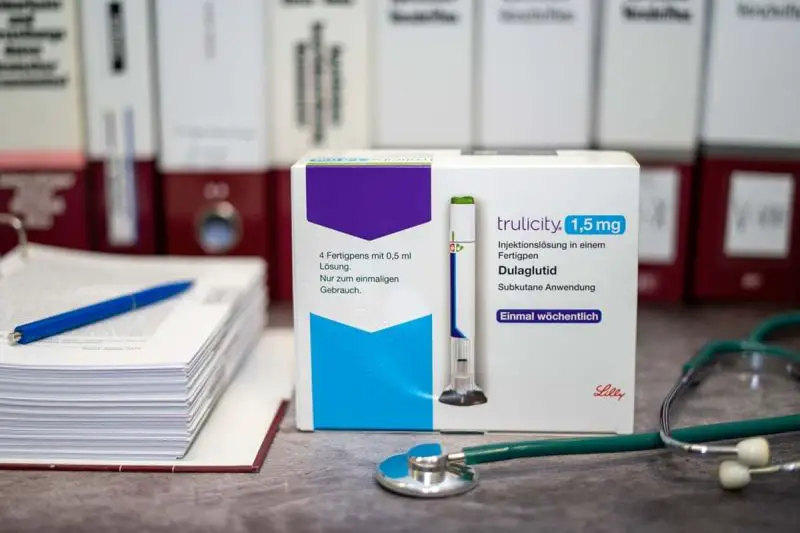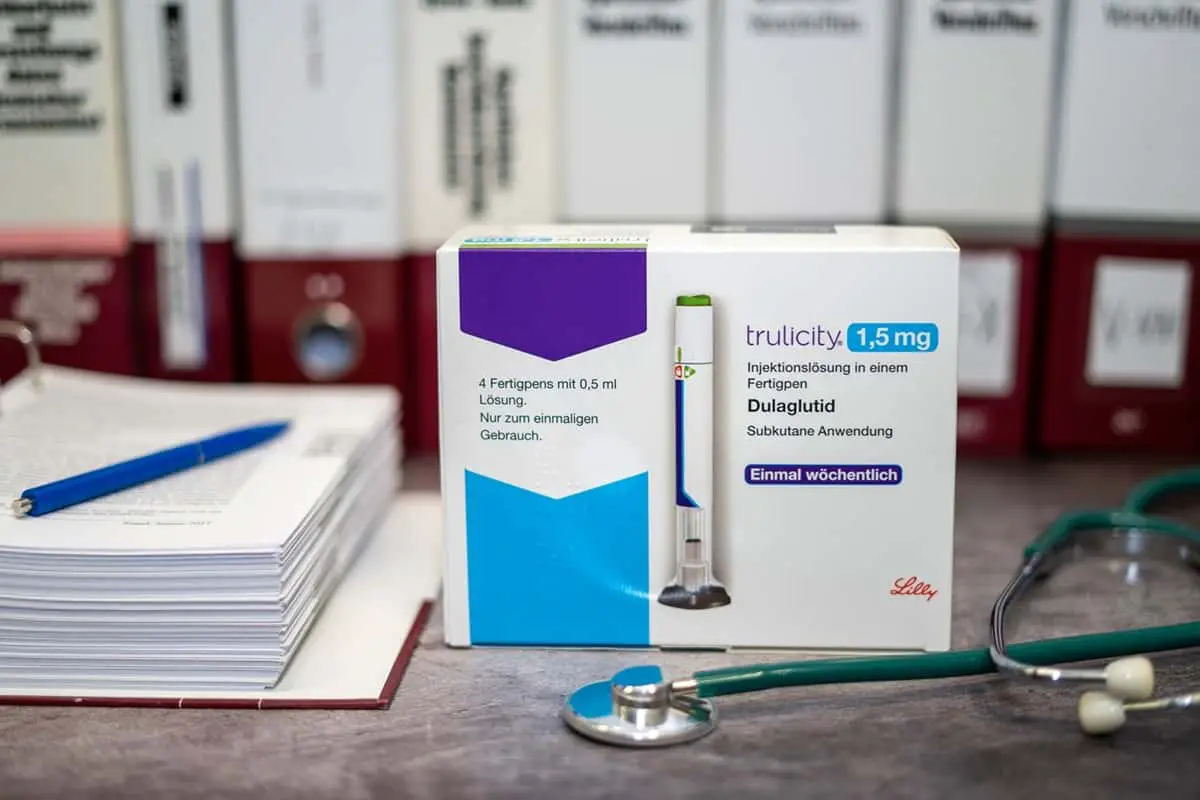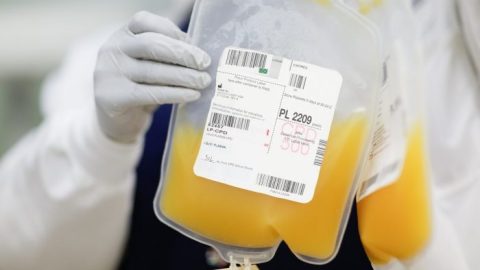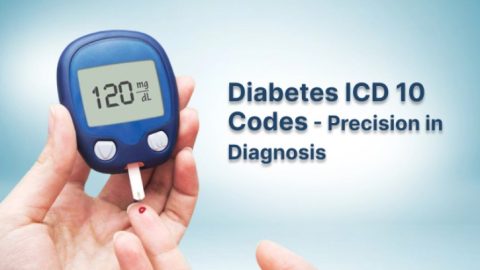Trulicity, also known by its generic name dulaglutide, is a prescription medication used to help manage blood sugar levels in adults with type 2 diabetes. It belongs to a class of drugs called GLP-1 receptor agonists (glucagon-like peptide-1). This class of medication mimics the action of the natural hormone GLP-1, which helps regulate blood glucose levels by stimulating insulin release when blood sugar is high, reducing glucagon secretion, and slowing gastric emptying.
Trulicity is administered through a once-weekly injection, and many patients appreciate its convenience and effectiveness compared to daily medications. It’s also been found to help with weight loss in some users, making it appealing for those managing both diabetes and obesity. However, while Trulicity offers significant benefits, it also comes with the potential for side effects—some mild and temporary, others serious and potentially life-threatening.
The goal of this article is to provide a comprehensive, medically accurate overview of the worst side effects of Trulicity that patients should be aware of, supported by current clinical research and expert data.
How Trulicity Affects the Body

Trulicity acts primarily on receptors in the pancreas, gut, and brain. When blood glucose rises, dulaglutide triggers insulin secretion and suppresses glucagon. This dual mechanism lowers blood sugar levels effectively. The delay in gastric emptying helps reduce the post-meal glucose spike but can also lead to gastrointestinal discomfort, a common reason some patients stop taking the drug.
Because GLP-1 receptors are distributed throughout several organs, their activation can affect multiple systems. This explains why the range of Trulicity’s side effects extends beyond the digestive system, involving the thyroid, pancreas, cardiovascular system, and even mental well-being.
Understanding these mechanisms is essential before diving into the specific side effects—especially the most serious ones that require medical attention.
The Worst Gastrointestinal Side Effects
Severe Nausea and Vomiting
Nausea is by far the most frequently reported side effect of Trulicity, but in some patients, it can become severe and persistent. This happens because dulaglutide slows the emptying of food from the stomach, leading to prolonged fullness and delayed digestion. When this process becomes excessive, it can cause continuous vomiting, dehydration, and electrolyte imbalance.
People who are new to GLP-1 agonists are often more sensitive during the first few weeks. In clinical studies, some patients required discontinuation of Trulicity due to intractable nausea and vomiting, which could lead to hospitalization if not managed promptly. Staying hydrated and eating smaller meals may help, but persistent symptoms require medical reassessment.
Severe Diarrhea or Constipation
Trulicity may cause both extremes of bowel irregularity. In severe cases, diarrhea can lead to dehydration, fatigue, and nutritional deficiencies. On the other hand, constipation may result from slowed gut motility and could lead to abdominal pain and bloating. Patients who experience unrelenting gastrointestinal symptoms should consult their healthcare provider, as prolonged issues may indicate a need to adjust the dosage or switch medications.
The Risk of Pancreatitis
How Trulicity Can Affect the Pancreas
One of the most alarming and potentially life-threatening side effects associated with Trulicity is acute pancreatitis—an inflammation of the pancreas. Clinical trials and post-marketing reports have indicated a possible link between GLP-1 receptor agonists and pancreatitis, though causation remains under investigation.
The mechanism is thought to involve increased stimulation of pancreatic cells, which may lead to inflammation in susceptible individuals. Patients who have a history of gallstones, high triglycerides, or previous episodes of pancreatitis are at higher risk.
Recognizing Symptoms of Pancreatitis
Symptoms may begin as severe abdominal pain that radiates to the back, accompanied by vomiting and fever. The pain is usually persistent and worsens after eating. Anyone experiencing these symptoms while taking Trulicity should seek emergency medical care immediately, as untreated pancreatitis can cause organ failure or death. Doctors typically discontinue the drug permanently if pancreatitis is confirmed.
Thyroid Tumors and Cancer Risk
The Black Box Warning
Trulicity carries a boxed warning from the U.S. Food and Drug Administration (FDA) for the potential risk of thyroid C-cell tumors, including medullary thyroid carcinoma (MTC). This warning is based on findings from rodent studies in which dulaglutide caused an increased incidence of thyroid C-cell tumors. Although this has not been confirmed in humans, the risk remains significant enough for caution.
Who Should Avoid Trulicity
Patients with a personal or family history of MTC or multiple endocrine neoplasia syndrome type 2 (MEN 2) are advised not to use Trulicity. Symptoms that may indicate a thyroid issue include a lump or swelling in the neck, hoarseness, trouble swallowing, or shortness of breath. Anyone noticing these signs should stop the medication and contact their healthcare provider for immediate evaluation.
Severe Hypoglycemia and Blood Sugar Fluctuations
How It Happens
Although Trulicity rarely causes hypoglycemia (low blood sugar) when used alone, it can significantly increase the risk when combined with insulin or sulfonylureas. These medications already lower blood sugar, and the added GLP-1 effect may push glucose levels dangerously low.
Recognizing the Signs
Severe hypoglycemia manifests as confusion, dizziness, sweating, rapid heartbeat, and, in extreme cases, seizures or loss of consciousness. Immediate carbohydrate intake, such as juice or glucose tablets, can prevent serious consequences, but frequent or severe episodes warrant medical adjustment of therapy.
Kidney and Gallbladder Complications
Acute Kidney Injury
Dehydration from persistent vomiting or diarrhea can reduce kidney function and lead to acute kidney injury. Some patients have experienced a sudden increase in serum creatinine levels shortly after starting Trulicity. Individuals with pre-existing kidney disease should use the medication with extreme caution and maintain adequate hydration throughout treatment.
Gallbladder Disease
Trulicity has been associated with cases of cholelithiasis (gallstones) and cholecystitis (inflammation of the gallbladder). These conditions may result from slowed digestion and altered bile flow. Symptoms include upper right abdominal pain, fever, and nausea. In such cases, Trulicity is usually discontinued to prevent recurrence or complications.
Cardiovascular and Neurological Concerns
Heart Rate and Blood Pressure Changes
Some studies suggest that Trulicity may cause a modest increase in resting heart rate. For most individuals, this is not clinically significant, but in patients with pre-existing cardiovascular disease, even small changes may pose a risk. Monitoring heart rate regularly, especially during the first months of treatment, is recommended.
Dizziness and Fatigue
Dizziness and general fatigue are also reported by some users. These effects may stem from dehydration, low blood pressure, or metabolic changes caused by rapid blood glucose fluctuations. Patients experiencing faintness or difficulty concentrating should discuss these symptoms with their healthcare provider to ensure safe continuation of therapy.
Potential Mental Health and Appetite-Related Effects
Trulicity influences hormones involved in appetite control, and some users report a loss of appetite or aversion to certain foods. While this can help with weight loss, it may also lead to nutritional deficiencies if prolonged.
There have been rare reports of mood changes, including anxiety or depression, though no definitive causal relationship has been established. Because managing diabetes requires psychological as well as physical stability, any noticeable change in mental health should prompt medical evaluation.
Long-Term Effects and Unknown Risks
Trulicity is a relatively new drug compared to insulin or metformin, and long-term studies are still ongoing. Questions remain regarding the cumulative effects of GLP-1 activation on organs like the pancreas and thyroid over decades of use.
Some researchers also explore whether chronic GLP-1 therapy could influence the immune system or lead to antibody formation, reducing drug effectiveness over time. Therefore, continuous monitoring and routine lab tests are essential for patients on long-term Trulicity treatment.
How to Manage or Minimize Side Effects
Gradual Dose Adjustment
Doctors often start patients on a lower dose of Trulicity, typically 0.75 mg weekly, before increasing it to 1.5 mg or higher. This slow titration helps the body adapt to the drug’s effects and reduces gastrointestinal discomfort. If severe side effects appear, returning to the lower dose or pausing treatment may help.
Lifestyle and Dietary Adjustments
Eating smaller, low-fat meals, staying hydrated, and avoiding alcohol can help lessen nausea and digestive issues. Patients should also monitor their blood sugar levels closely, especially when using other glucose-lowering medications concurrently.
When to Stop Taking Trulicity
Trulicity should be discontinued immediately if the patient experiences severe abdominal pain, signs of pancreatitis, neck lumps, difficulty swallowing, or unexplained hoarseness. Likewise, any episode of unexplained hypoglycemia, dehydration, or significant weight loss should trigger a review by the prescribing physician.
It is strongly advised not to stop Trulicity abruptly without professional guidance, as this may cause uncontrolled blood sugar levels. The decision to discontinue must always be made under medical supervision.
Conclusion: Balancing Benefits and Risks
Trulicity can be a powerful ally in controlling type 2 diabetes and improving metabolic health, especially for patients struggling with weight management and poor glycemic control. However, like all medications that influence hormonal and metabolic pathways, it carries inherent risks that must be carefully monitored.
Understanding the worst side effects of Trulicity—from pancreatitis and thyroid tumors to kidney injury and severe gastrointestinal distress—empowers patients to make informed decisions and communicate effectively with their healthcare team.
Regular follow-up, lifestyle adjustments, and early symptom recognition remain key to maximizing Trulicity’s benefits while minimizing its dangers.
FAQs About the Worst Side Effects of Trulicity
Can Trulicity cause long-term health problems?
Yes, Trulicity can potentially cause long-term health issues in rare cases. While most users tolerate the drug well, long-term concerns include the possibility of thyroid tumors, pancreatitis, and kidney problems. Research is ongoing to determine whether chronic activation of GLP-1 receptors could increase the risk of certain endocrine disorders. Patients using Trulicity for extended periods should undergo regular checkups, including thyroid and kidney function tests, to ensure early detection of any complications.
What are the first warning signs of serious side effects?
The earliest warning signs of serious Trulicity side effects often appear in the digestive system. Persistent nausea, vomiting, or severe abdominal pain can indicate pancreatitis or gallbladder issues. Additionally, a lump in the neck, difficulty swallowing, or voice changes might suggest a thyroid-related problem. Severe fatigue, dizziness, or confusion can also signal hypoglycemia, especially if Trulicity is taken with insulin or other glucose-lowering drugs. Recognizing these symptoms early and contacting a healthcare provider is crucial.
How can I tell if Trulicity is causing pancreatitis?
Pancreatitis typically presents with sudden, sharp upper abdominal pain that radiates to the back, often accompanied by nausea and vomiting. The pain may worsen after eating and can persist for hours or days. Blood tests showing elevated pancreatic enzymes (amylase and lipase) confirm the diagnosis. If you experience these symptoms while using Trulicity, you should stop taking the medication and seek immediate medical care. Continuing to use Trulicity while experiencing such symptoms can lead to life-threatening complications.
Is the thyroid cancer risk from Trulicity proven in humans?
So far, the link between Trulicity and thyroid cancer has not been conclusively proven in humans. The cancer risk was identified in rodent studies, where long-term dulaglutide exposure led to thyroid C-cell tumors. However, human studies have not shown a statistically significant increase in thyroid cancer cases. Even so, the FDA requires a black box warning to alert patients and healthcare providers to this potential risk. People with a family history of medullary thyroid carcinoma (MTC) or MEN 2 syndrome should avoid using Trulicity.
Can Trulicity affect mental health or mood?
Although rare, some users have reported changes in mood, anxiety, or depression after starting Trulicity. These effects are not fully understood, and clinical trials have not established a direct causal link. It’s possible that hormonal and metabolic changes from GLP-1 receptor activation influence brain chemistry and appetite-regulating pathways. Patients who experience persistent sadness, anxiety, or sudden mood swings should report these symptoms to their doctor to evaluate possible medication effects or interactions.
What should I do if I experience severe nausea or vomiting?
If you experience ongoing nausea or vomiting while taking Trulicity, try to stay hydrated by sipping water or electrolyte solutions and eat smaller, bland meals. However, if vomiting becomes severe or lasts more than a day, contact your doctor immediately. Persistent vomiting can lead to dehydration and acute kidney injury, which can be dangerous. Your physician may reduce your dose or switch you to a different diabetes medication to prevent further complications.
Can I take Trulicity with other diabetes medications?
Yes, Trulicity is often prescribed alongside other diabetes medications like metformin, insulin, or SGLT2 inhibitors. However, combinations that include insulin or sulfonylureas can significantly raise the risk of hypoglycemia. Your doctor may adjust your dosage or monitor your blood sugar levels more closely to prevent severe lows. Always inform your healthcare provider of all medications and supplements you are taking before adding Trulicity to your regimen.
What happens if I stop taking Trulicity suddenly?
Abruptly discontinuing Trulicity can cause blood sugar levels to rise rapidly, especially if no alternative treatment is in place. Some patients may also experience a rebound increase in appetite and weight gain after stopping the medication. It’s essential to consult your healthcare provider before discontinuing Trulicity so they can create a safe transition plan, which may include adjusting other diabetes medications or lifestyle changes to maintain glucose control.
How can I minimize the side effects of Trulicity?
To reduce side effects, start with the lowest possible dose and increase gradually under medical supervision. Eating smaller, lighter meals and avoiding high-fat or greasy foods can help minimize gastrointestinal issues. Staying hydrated and avoiding alcohol also helps reduce nausea and protect kidney function. Most importantly, consistent follow-ups with your healthcare provider allow early detection and management of any emerging problems before they become serious.
Who should avoid using Trulicity?
Trulicity should be avoided by individuals with a personal or family history of medullary thyroid carcinoma, those with MEN 2 syndrome, or people who have previously experienced pancreatitis. It’s also not recommended for patients with severe gastrointestinal diseases such as gastroparesis. Pregnant or breastfeeding women should discuss the potential risks and benefits with their healthcare provider before starting treatment. Each case must be carefully evaluated to balance safety and efficacy.
References
-
U.S. Food and Drug Administration (FDA). Trulicity (dulaglutide) Prescribing Information. 2024.
-
American Diabetes Association. Standards of Medical Care in Diabetes—2025. Diabetes Care.
-
Bethel, M. A., et al. Cardiovascular Outcomes with GLP-1 Receptor Agonists in Type 2 Diabetes. New England Journal of Medicine, 2023.
-
Nauck, M. A., & Meier, J. J. Incretin Hormones: Their Role in Health and Disease. Diabetes, Obesity & Metabolism, 2022.
-
National Institute of Diabetes and Digestive and Kidney Diseases (NIDDK). Pancreatitis Overview. 2024.
-
Mayo Clinic. Dulaglutide (Subcutaneous Route) Side Effects. Updated 2025.
Medical Disclaimer: This article is intended for informational and educational purposes only. It does not replace professional medical advice, diagnosis, or treatment. Always consult a qualified healthcare provider before making any changes to your medication or treatment plan. The information presented here is based on credible sources available as of 2025, but medical understanding evolves over time. Never disregard or delay professional advice because of information you read online.



